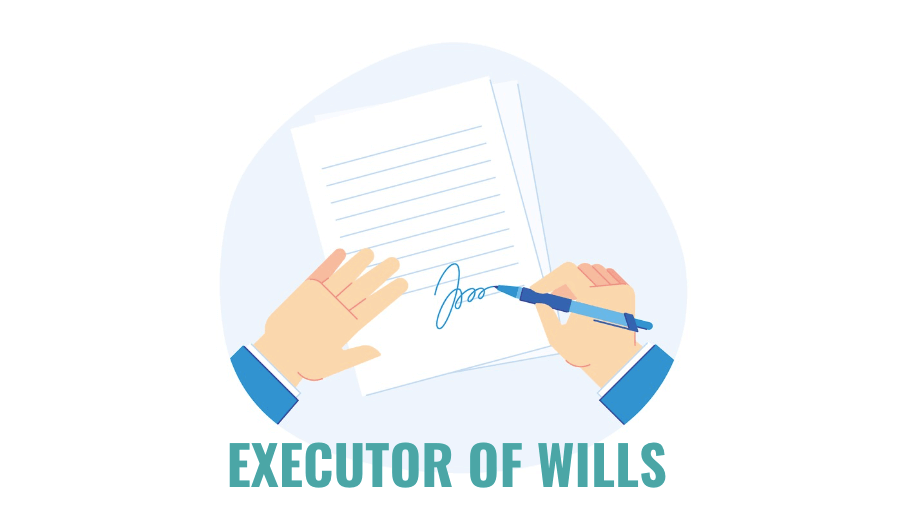Overview for Co-Ownership Agreements
- A co-ownership agreement for real estate is a legally binding document that governs owners of a property.
- An Ownership Agreement for property is strongly recommended when multiple people or entities share in real estate ownership together.
- The purpose of a co-ownership agreement is to aim to reduce potential for costly litigation in the event of a dispute between property owners.
- Property co-ownership agreements can be tailored to fit various needs and circumstances of real estate owners and properties, but most agreements include: confirmation of purchase details (capital contributed by each party); documentation of the owners’ intentions for the property; rules and expectations of the owners with respect to financial obligations, maintenance, use and disposal of the property.
What is a Co-Ownership Agreement
Simply put, a co-ownership agreement is a document that creates rules regarding shared real estate property and binds owners to follow those rules.
When To Have a Co-Ownership Agreement for Real Estate
Real estate co-ownership agreements are not legally required as condition of purchasing properties and are not part of a standard purchase agreement (which is made between sellers and buyers, as opposed to ownership agreements made between co-owners/buyers). However, property co-ownership agreements are highly recommended for purchases where there are 2+ property owners who are not spouses – including long-term or common law partners – of each other. (Note: spouses who want an agreement to govern assets between themselves should consult with a family lawyer for a prenuptial or cohabitation agreement).
For example:
- Two friends buy a two-bedroom condo to live in together.
- Family co-habitation or family transfer:
- A couple buys a house with the wife’s brother. The couple plans to live upstairs and the brother plans to live in the suite below.
- Parents have a family home and three adult children; their adult son and his wife plan to buy into the family home and to reside there with the parents.
- Three business partners purchase a townhouse for investment purposes.
- Two couples buy a vacation home
There are many different circumstances in which family, friends and investors may share ownership in different types of real estate properties. The commonality of each of these vast scenarios is that the property owners all have their own rights and intentions for their property and, although they may be aligned at first, these interests may diverge over time and can lead to resentment about financial contributions or property use and, ultimately, expensive disputes.
What a Co-Ownership Agreement for Real Estate Includes
Co-ownership agreements for real estate are drafted based on the specific needs, priorities and circumstances of the property owners, so their terms and inclusions may vary. That said, most property co-ownership agreements aim to:
- Confirm purchase transaction details:
- Which owner put in how much money?
- What are the percentages and types (tenancies) of legal ownership?
- Document owners’ intentions for the property:
- Is legal ownership different than beneficial ownership?
- Does that impact how proceeds should be divided upon sale of the property?
- Protect the reasonable expectations of the parties by creating rules and obligations for:
- Cost allocation: mortgages, property expenses and upgrades.
- Repairs and maintenance division of work around the property; rights to alter or improve the property.
- Logistics: who actually supervises the gardener or mows the lawn? Who pays monthly bills and annual property taxes? Who obtains property insurance?
- For a principal residence, who may reside at the property? For a vacation home, what are the scheduled dates of use of the property for each owner?
- Set parameters and consequences for defaults, disputes and “outs”:
- What if an owner defaults on payments or goes bankrupt?
- What if one owner wants to sell?
- What happens to the property upon the death of an owner?
(Note: in addition to a property co-ownership agreement, it is also prudent for each owner to ensure that they have addressed their own estate and personal planning to ensure that the other owners can deal with the property if one owner dies or becomes incapacitated. BC Notaries can assist with Wills and Powers of Attorneys).
By having a co-ownership agreement for real estate, owners are encouraged to (1) openly and explicitly communicate their priorities, obligations, rights and expectations for the property and (2) to confirm understanding and acceptance of one set of rules for their property. In many cases, when property owners do not have an agreement, their disputes stem from lack of clear communication (with unsaid or implied conditions having been assumed) and may have been preventable or mitigated if they had all started out on the same page.
It is best to inquire about a co-ownership agreement for your house or investment property in advance of purchasing a property with other owner(s). It often takes time to for owners to consider, discuss and agree upon terms with each other before the notary can finish drafting the ownership agreement. That said, an agreement may be formalized after the purchase completion date if all owners consent to and sign the co-ownership agreement. But don’t wait too long; chances are that if a problem arises and you don’t have an ownership agreement, it will be too late to get one.
How to Get Started with Krische & Co. Notaries
If you’re buying real estate of any type (detached house, condo, townhouse, manufacture home, vacant property lot) with someone other than your spouse, you should have an ownership agreement in place. Contact us to get started!







